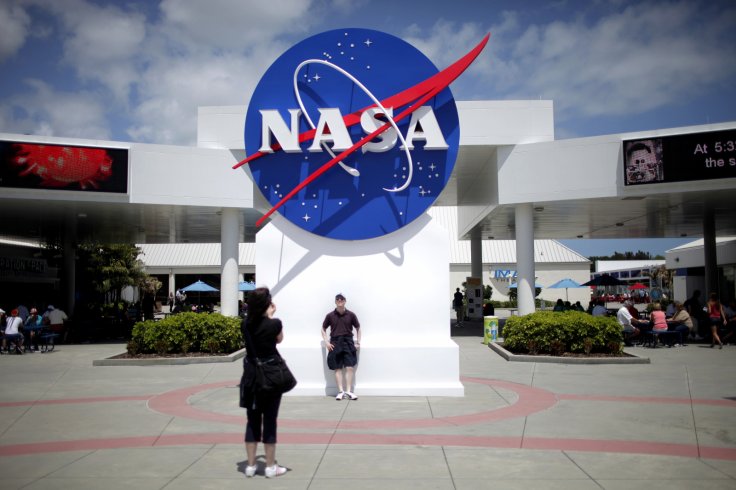
Taking another step toward building a quieter supersonic aircraft, the US space agency has awarded a $247.5 million contract to the global aerospace company Lockheed Martin.
Lockheed Martin has been selected to build a new piloted X-plane called the Low-Boom Flight Demonstrator (LBFD).
The X-plane will create a "gentle thump", a sound that would be no louder than closing a car door.
"Work under the contract began April 2 and runs through December 31, 2021," NASA said in a statement on Tuesday.
Lockheed Martin will complete the design and fabrication of the 94-foot-long experimental aircraft which will cruise at 16,700 metres at a speed of about 1,500 km per hour.
It will create a sound about as loud as a car door closing -- 75 Perceived Level decibel (PLdB) -- significantly lower than the 105 PLdB of the earlier Concorde airliner.
After the first flight in late 2021, the agency will perform additional flight tests to prove the quiet supersonic technology works as designed, aircraft performance is robust, and it's safe to operate in the National Airspace System.
"Beginning in mid-2022, NASA will fly the X-plane over select US cities and collect data about community responses to the flights," the space agency said.
This data set will be provided to US and international regulators for their use in considering new sound-based rules regarding supersonic flight over land, which could enable new commercial cargo and passenger markets in faster-than-sound air travel.
The X-plane's configuration will be based on a preliminary design developed by Lockheed Martin under a contract awarded in 2016.
The proposed aircraft will be 28.65 metres long with a wingspan of nearly 9 metres, which have a fully-fuelled takeoff weight of about 14,650 kg.
The jet will be propelled by a single General Electric F414 engine, the powerplant used by F/A-18E/F fighters, according to NASA.
"This is probably going to be a once-in-a-lifetime opportunity for me. We're all pretty excited," said Jim Less, a primary NASA pilots who will fly the X-plane after Lockheed Martin's pilots have completed initial test flights.
The earlier supersonic airliner Concorde was retired in 2003 because of high maintenance costs and irritating sonic boom. (IANS)









